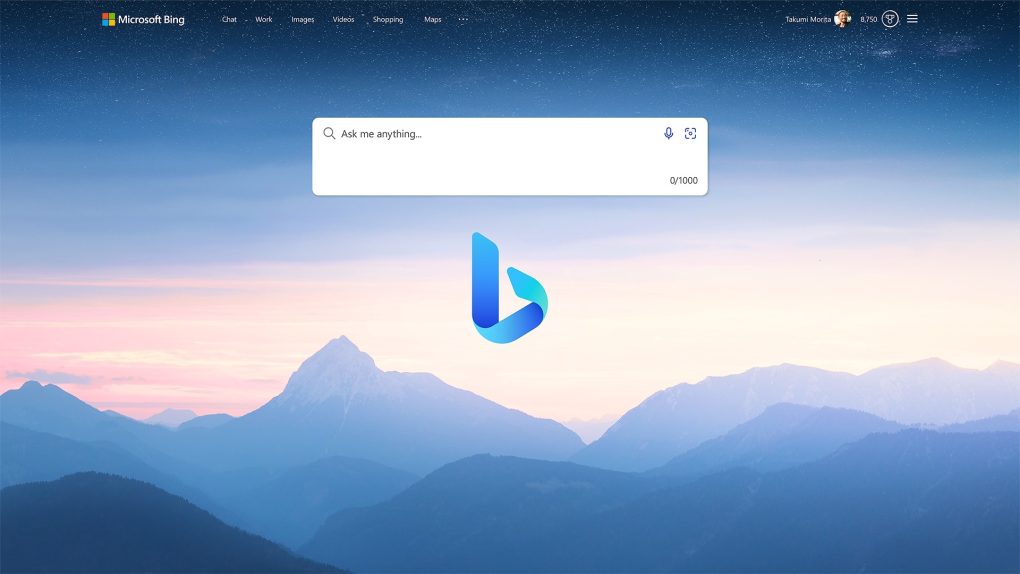Earlier this week, Microsoft launched its new AI-powered Bing search engine in collaboration with OpenAI, the team behind ChatGPT. Microsoft says that the next-generation OpenAI model it uses is faster, more accurate, and more capable than ChatGPT, so it’s no surprise that millions of users want to take it for a spin. That also explains why its Microsoft Bing Search mobile app is suddenly rocketing up the download charts on Apple’s App Store.
Everyone’s downloading the Bing app
While the new Bing.com is now live in preview, you’ll have to sign up for the waitlist if you want to test it out. Microsoft says that it will scale the preview to millions of users in the coming weeks, but there are two ways to get ahead in line right away. The first is to set Microsoft apps as the defaults on your PC, and the second is to scan a QR code to download the Bing app.
That might have something to do with the surge of Bing app downloads.
As reported by TechCrunch, app intelligence firm data.ai estimates that the Bing app has seen a 10x increase in downloads since the announcement. As of Thursday, Microsoft Bing Search is the sixth most popular free app on the entire App Store. It’s also the top free productivity app, beating out the likes of Gmail, Google Drive, and Google Docs.
You probably won’t be surprised to learn that the Bing app was not exactly a mainstay in the App Store’s top 10 prior to this week. In fact, data.ai revealed that Bing was ranked as the 160th most popular productivity app last Thursday. It didn’t even appear in the U.S. App Store’s Top Overall Charts, but now it’s a (temporary) smash hit.
Of course, apps go viral every week. The question now is whether or not Bing can actually take away a consequential amount of market share from Google. If conversational AI proves to be the game-changer many expect it to be, Bing proving itself to millions of users while Google ramps up for the launch of its own Bard AI could make a huge difference.








